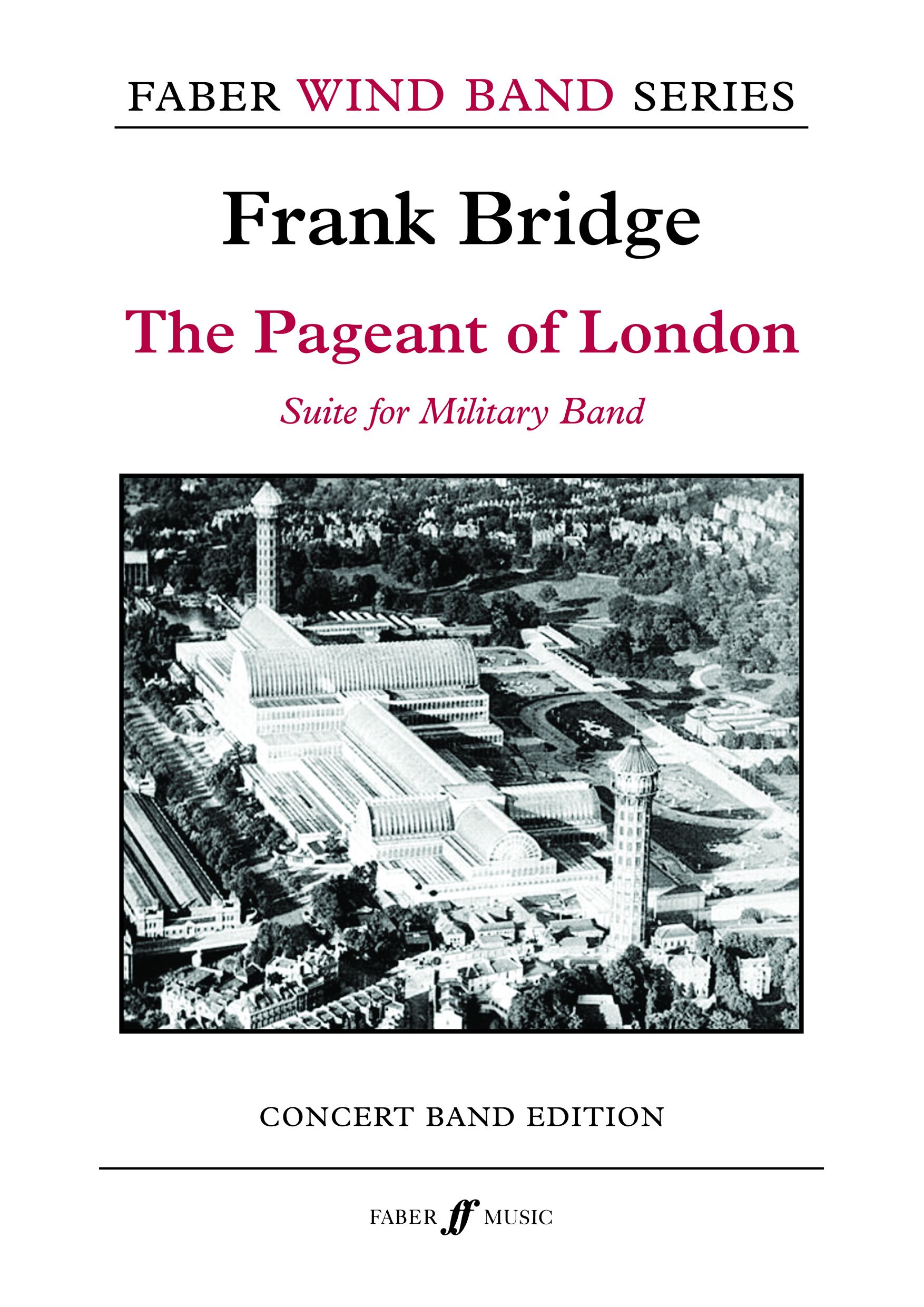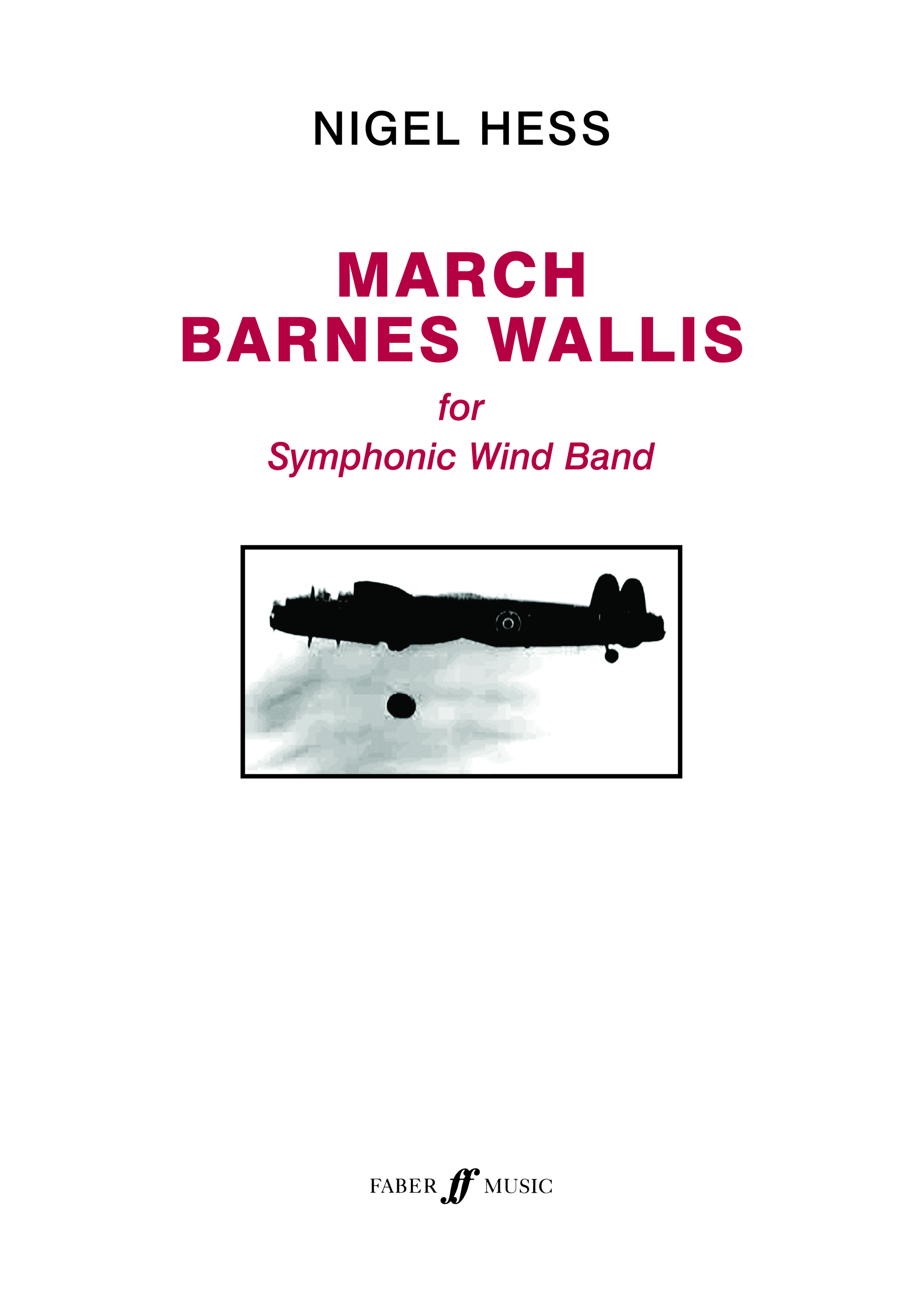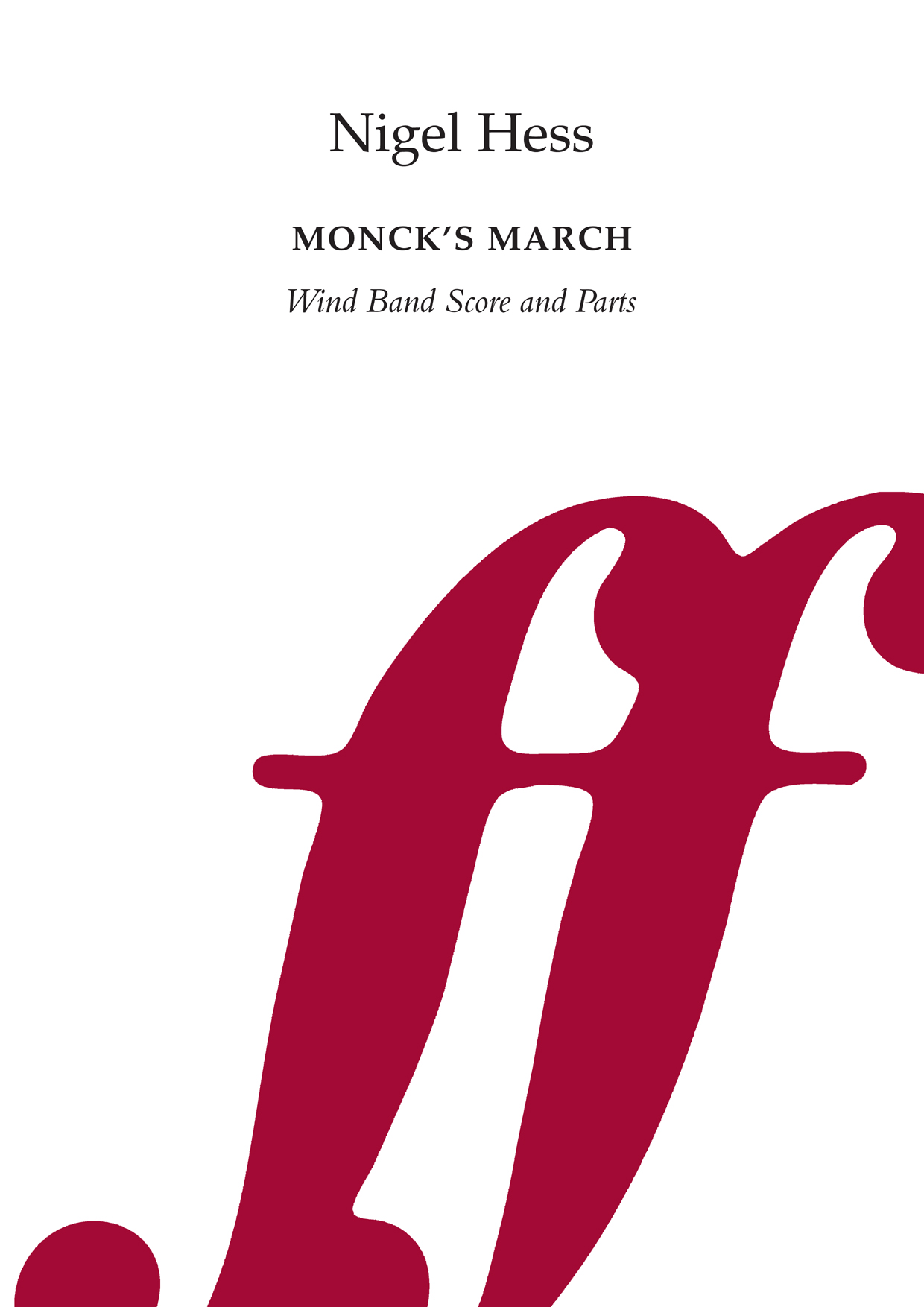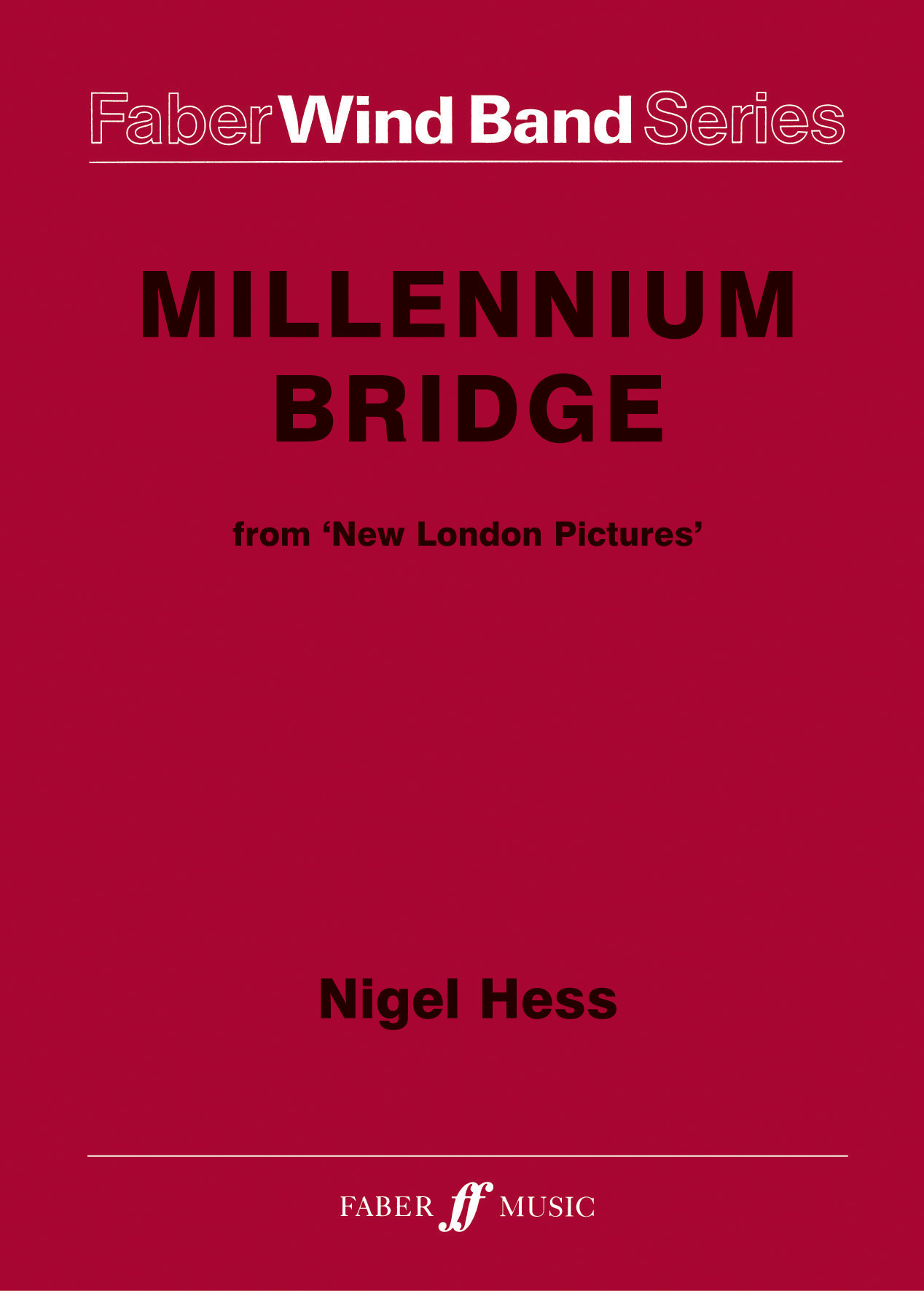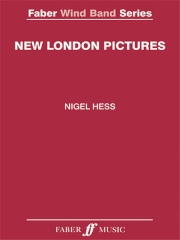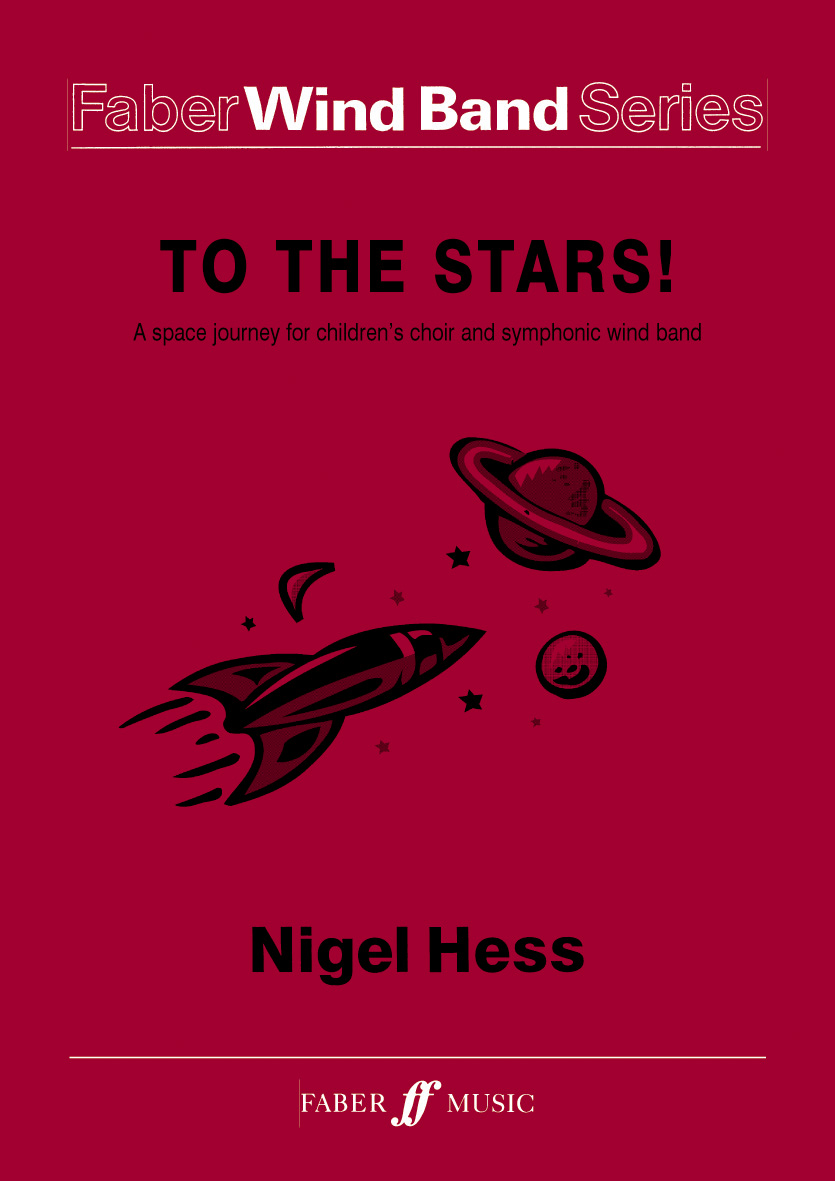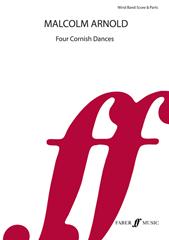Results
-
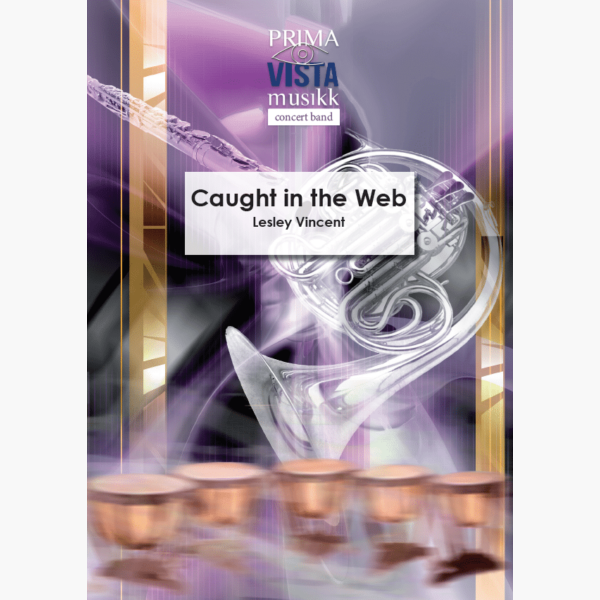 £59.95
£59.95Caught in the Web - Lesley Vincent
I am always inspired to write music by a good storyline so turning to Shakespeare's plays I was particularly caught by his imagery of the spider and the web. There is always some web of intrigue in Shakespeare's plots, and...
Estimated dispatch 5-7 days
-
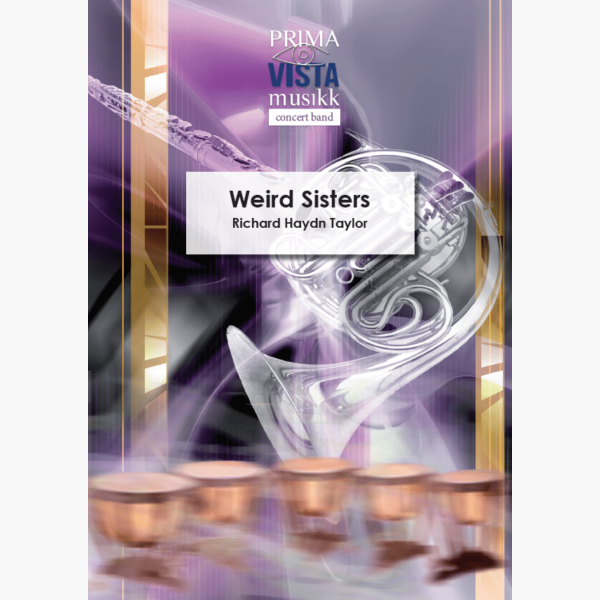 £59.95
£59.95Weird Sisters - Richard Haydn Taylor
Weird Sisters 'something wicked this way comes' celebrates the 400th anniversary of William Shakespeare's death and takes its inspiration from Macbeth: Act 4, scene 1. The three witches (Weird Sisters) are stirring the bubbling cauldron, ready for Macbeth's arrival. The...
Estimated dispatch 5-7 days
-
£95.00
The Pageant of London - Frank Bridge
Frank Bridge was one of the finest English composers of the first half of the 20th century. The Pageant of London is his only work for wind band, comprising of two marches, one scored from Bridge's best known organ piece and including the chimes of Big Ben, plus three short renaissance pastiche items, one arranged from Playford (later used by Peter Warlock in Capriol Suite). The music is tuneful, approachable and, in the words of wind band 'legend' Timothy Reynish makes a fine alternative to Holst's two suites, which were composed around the same time. Reynish has introduced this work to concert bands right across the world. It has been performed in USA and the Far East, recorded by the celebrated Kosei Wind Orchestra of Japan and also by the BBC National Orchestra of Wales in the Chandos edition of Bridge Orchestral Music.
In stock: Estimated delivery 1-3 days
-
£55.00
March Barnes Wallis (Score & Parts) - Nigel Hess
March Barnes Wallis was commissioned by Royal Air Force Music Services to commemorate the 70th anniversary of the famous Dambuster's raid and received its first performance on BBC Radio 2's Friday Night is Music Night, broadcast live from Biggin Hill Airport on 17 June 2013 by the Central Band of the RAF, Director of Music Wing Commander Duncan Stubbs.
In stock: Estimated delivery 1-3 days
-
£65.00
Monck's March - Nigel Hess
This concert overture, commissioned by the Band of the Coldstream Guards in 2002, tells the story of General Monck's historic journey involving seven thousand troops on the arduous march from Coldstream to London during the winter of 1660. The main tune heard throughout the piece is based on an old traditional melody called Monck's March, long celebrated in the folk and morris-dancing worlds.
In stock: Estimated delivery 1-3 days
-
£55.00
Millennium Bridge - Nigel Hess
'Millennium Bridge' describes the pedestrian's journey across this wonderful new landmark bridge over the Thames, starting at the imposing Tate Modern, crossing the busy river, and onwards to St. Paul's Cathedral with its bells ringing out over the great city. This piece is the first movement of the latest work from the pen of Nigel Hess - 'New London Pictures', which represents elements of London in the 21st Century.
In stock: Estimated delivery 1-3 days
-
£105.00
New London Pictures (Score & Parts) - Nigel Hess
New London Pictures represents elements of London in the 21st Century. The Millennium Bridge describes the pedestrian's journey across this wonderful new landmark bridge over the Thames, starting at the imposing Tate Modern, crossing the busy river, and onwards to St. Paul's Cathedral with its bells ringing out over the great city. London Eye is an incredibly large ferris wheel situated on the South Bank of the River Thames. This movement depicts a "flight" on this riverside wheel, at the top of which the anoramic view of London is breath-taking and the exapnse of the music is a suitable depiction of the view. As with all modern cities, London is over-crowded with motor vehicles. London is the first major city in Europe to adopt a Congestion Charge, and this piece (with its stop and go traffic lights) is both racy and comical. Here are Londoners attempting to go about their business in the face of overwhelming odds.....
In stock: Estimated delivery 1-3 days
-
£95.00
To The Stars! - Nigel Hess
'To the Stars!' is the fruit of a unique collaboration between Nigel Hess and the children of several Bedfordshire schools who were asked to contribute ideas for a libretto based on the themes of space travel and exploration. The work was then performed during a concert at the Royal Albert Hall showcasing the work of Bedfordshire County Music Services. The unusual combination of children's choir and symphonic wind band is wonderfully exciting, and To the Stars! provides an incomparable performing experience for both band and choir, and is also technically demanding and challenging. After a rousing introduction, we hear a countdown to our rocket's 'blast off', and suddenly we are heading out to the planets where we meet aliens with blue eyes and pink ears! After a brief but terrifying skirmish with a black hole we head off to a 'world of many wonders', and as we leave our solar system behind, the piece finishes with a spectacular shout of 'Fly with us - to the stars!'.
In stock: Estimated delivery 1-3 days
-
£75.00
Four Cornish Dances - Malcolm Arnold
Ray Farr's arrangement of Malcolm Arnold's Four Cornish Dances suite brilliantly retains the atmosphere of the orchestral original with its evocation of Cornish sea-farers, of deserted tin mines, of marching bands, Methodism, May Days and Moody and Sankey hymns. Wind Band Grade 5: Advanced Duration: 10 minutes
In stock: Estimated delivery 1-3 days
-
 £55.89
£55.89Suite - A Renaissance Christmas (Wind Band) Kevin Norbury
VIEW SCORE PDF This magnificent festive suite was written by Kevin Norbury for the Pierre Elliott Trudeau High School Wind Symphony and features three well known carols set in a Renaissance style. Three contrasting movements comprise the work: i. Processional (Personent hodie - On this day earth shall ring) This is a short piece imagining a torchlight Yuletide procession (perhaps bearing the traditional roasted wild boar), using a well-known Christmas melody from the large collection of music compiled in the 16th century called Piae Cantiones (1582). The tune is presented twice with accompanying, related melodic material. ii. Pastorale (Quem pastores laudavere - Shepherds sang their praises o'er him) This is a 14th-century melody which was originally collected by Michael Praetorius at the end of the 16th-century. The treatment throughout is very lyrical without overly complex harmonies. The melody is heard three times with brief linking episodes and a short coda. iii. Celebration! (In dulci jubilo - In sweet celebration - Ding-dong merrily on high) This magnificent 13th-century melody was also a part of Michael Praetorius's collection. It is traditionally associated with the words 'Good Christian men, rejoice!' The opening is a straight transcription of the great chorale prelude for organ by J.S. Bach. After the grandeur of the opening, the tune is heard in more of a 'folky' style. A lot of related melodic material is then presented before the tune Ding-dong merrily on high is heard. After another episode of previously used music In dulci jubilo reappears in a joyful conclusion to the piece. Sheet music available from : UK: www.wind-band-music.co.uk USA: www.solidbrassmusic.com Difficulty Level: Medium Instrumentation: Piccolo Flute Oboe Bassoon Clarinet in Bb 1-2 Bass Clarinet in Bb Alto Saxophone in Eb 1-2 Tenor Saxophone in Bb Baritone Saxophone in Eb Trumpet in Bb 1-2 Horn in F 1-2 Trombone 1-2 Bass Trombone Euphonium Tuba Double Bass Timpani Glockenspiel Tubular Bells Tambourine Snare Drum Tenor Drum
In stock: Estimated dispatch 1-3 days

